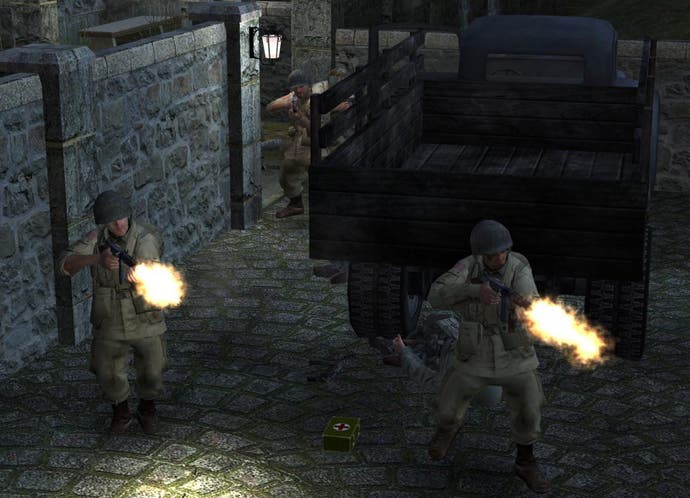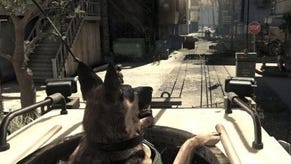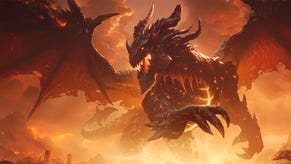Retrospective: Call of Duty
Post-traumatic bliss.
Call of Duty was an underdog. It is very hard to get your head into that space with Modern Warfare 2 looming over us all in full SAS gear, blowing cigar smoke in our ears, receiving more pre-orders than any other game in history and scaring all the other shooters into spring 2010, but it's true. The series that dared to lock horns with Medal of Honor was once a plucky young thing with aging Quake 3 Arena tech and publishing difficulties involving a split with EA and last-minute rescue by Activision.
That's not to say the guys at Infinity Ward didn't know exactly what they were doing. This was a studio made up of ex-2015 employees, the team that made Medal of Honor: Allied Assault, subject of today's other retrospective, in the first place. Still, they had enough ideas and heart to win rookie studio of the year at the Games Developers Choice Awards, and it's nice how much of that still shines through the original Call of Duty today.
All of the team's talent is right there on display. As an FPS the game is still neat, punchy and tactile, with Nazis crumpling excellently with each well-aimed shot. Flanking and suppressing manoeuvres are always rewarded, the guns make excellent noises, and the level design alternately seduces, teases, jokes with you, tests you, and occasionally about-faces and comes flailing at you with some ruinous bastard of a mission that never seems to end.

Call of Duty's design philosophy, of packing a single-player campaign into fewer hours, was much rarer back in 2003. It enabled Infinity Ward to lavish so much attention on each mission that the set-pieces and memorable moments never stopped coming, and it enabled games journalists the world over to make an awful lot of very excited analogies involving rollercoasters and, in fact, every other kind of fairground ride except possibly those chunder-conjuring spinning teacups, while simultaneously marking the game down for only being eight hours long.
But to think of Call of Duty as a rollercoaster is missing its significance. It didn't win 70 game of the year awards because it was ceaselessly exciting and scary, or because of anything to do with the edge of your seat or the seat of your pants. It won 70 game of the year awards because it offered us something we'd never seen before. Call of Duty being an excellent shooter was only its rock-solid foundation - the reason it awed gamers everywhere was because it brought World War 2 to life.
All of Call of Duty's innovations, every single one, pull in the same direction. The demand for the player to use ironsights and routinely go prone, the ringing in your ears and blurring of your vision after an explosion, this density of scripting, how you were often only part of a squad - all of it was dreamed up and implemented to draw you into the game, like sealing wax between the game and your imagination. That had the very important side effect of popping the top of your head off and making you realise that, holy s***, men actually did this. Like, for real. They were given guns and put on planes and boats and taken a long way from home and told where to run and they died.










